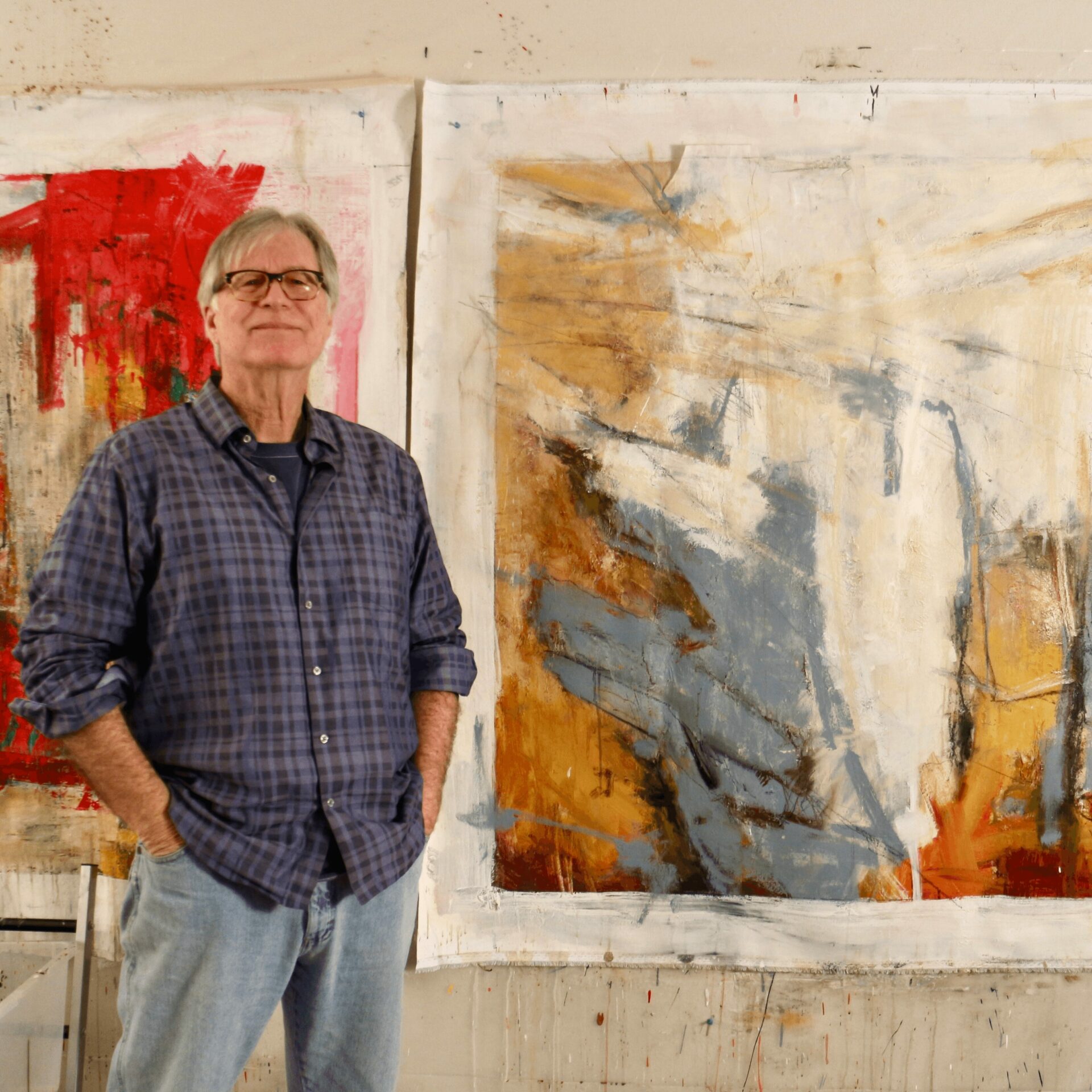We recently connected with Jim Ellsberry and have shared our conversation below.
Jim, so good to have you with us today. We’ve always been impressed with folks who have a very clear sense of purpose and so maybe we can jump right in and talk about how you found your purpose?
Purpose has a strong connection to passion. I’ve asked many people over the years to tell me or describe what they are passionate about. I’ve been surprised at how many seem to draw a blank. For me, the passions in life are those things that have always excited me, often for no explanable reason – they just do. Being outdoors and exploring natural settings. The process of making something based on an idea one has. Music and its structure – how it was composed. A good story, especially about something of great interest. Color or lack of it. And of course – tying this all together – works of art, in all their various forms: realism to abstraction. So, by staying close to – and connected to – these passions, purpose is found. And for me, the practice of art is a summation of all the above – it’s where purpose takes shape and form.
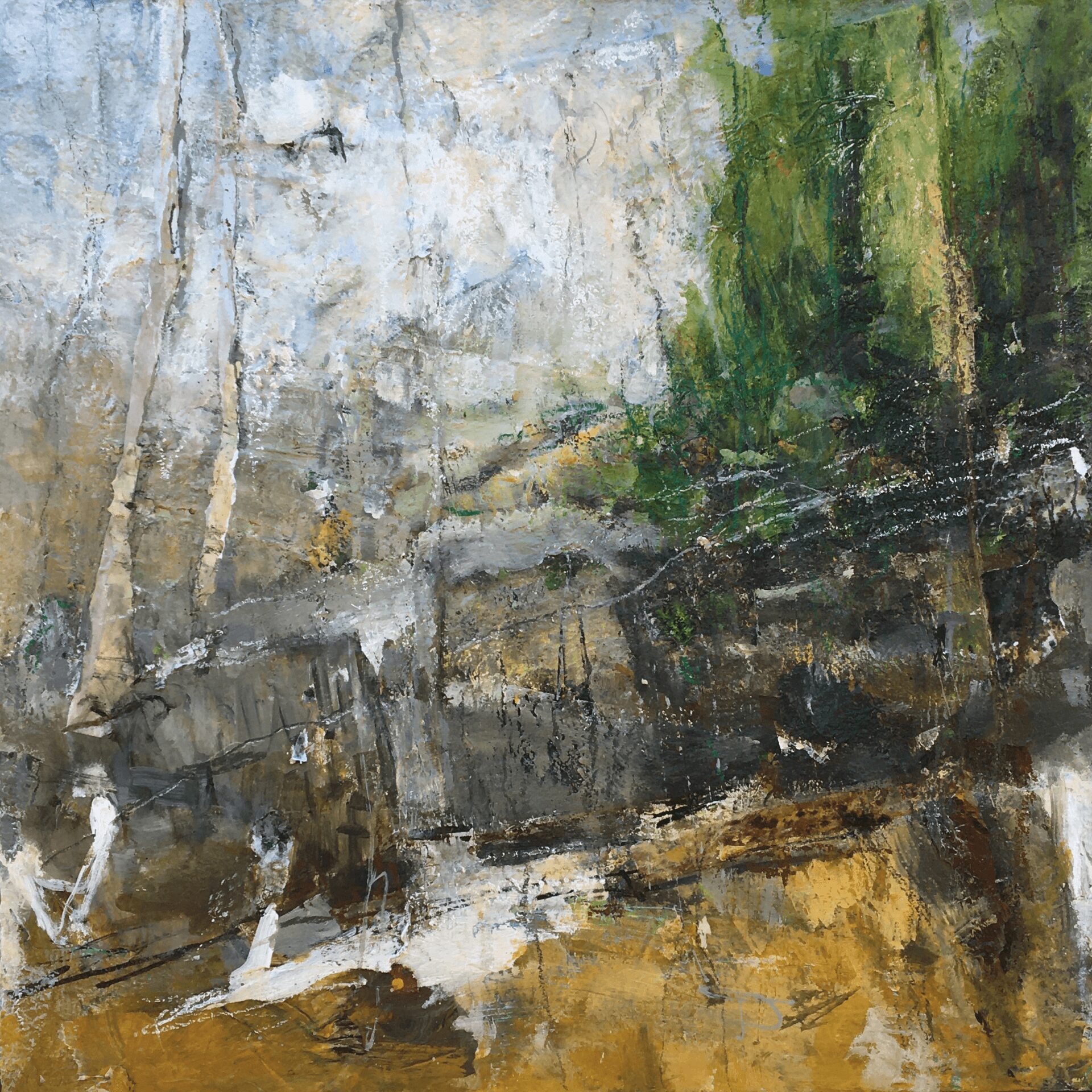
Let’s take a small detour – maybe you can share a bit about yourself before we dive back into some of the other questions we had for you?
As I’ve noted in a previous article, a painting instructor I had in college said everyone should have at least three careers in life. I did not take that to heart at the time, but that’s how my world has turned out: a 16 year career in aerospace as a computer programmer, followed by 15 years as a luthier (guitar maker), and now it’s back to my life-long passion for pursuing art (common thread throughout my life).
Today, my professional world is art. I teach oil painting, I produce and sell work, and I stay active in art organizations that align with my artistic interests. As in any profession, the more you push to stay involved, the more you find opportunities, and the more you learn about how to navigate the complex maze of possibilities. And it takes lots of work. Many people – friends and acquaintences – comment on how interesting and enjoyable the “hobby” of art must be. It has never been a hobby for me; it’s rewards are hard-earned and the result of serious endeavor and comittment. Creating art is one of the most difficult things I’ve ever done. To program a computer or carve and shape the soundboard of a stringed instrument, you follow a prescribed set of rules – like many things, it’s very linear. Not so in art. Yes, there are rules about color, composition, and the like, but real art is about finding doors into liminal spaces where you hope to create something that has not been seen before, or at least in the way you present it. This is a full-on exploration in self-discovery.
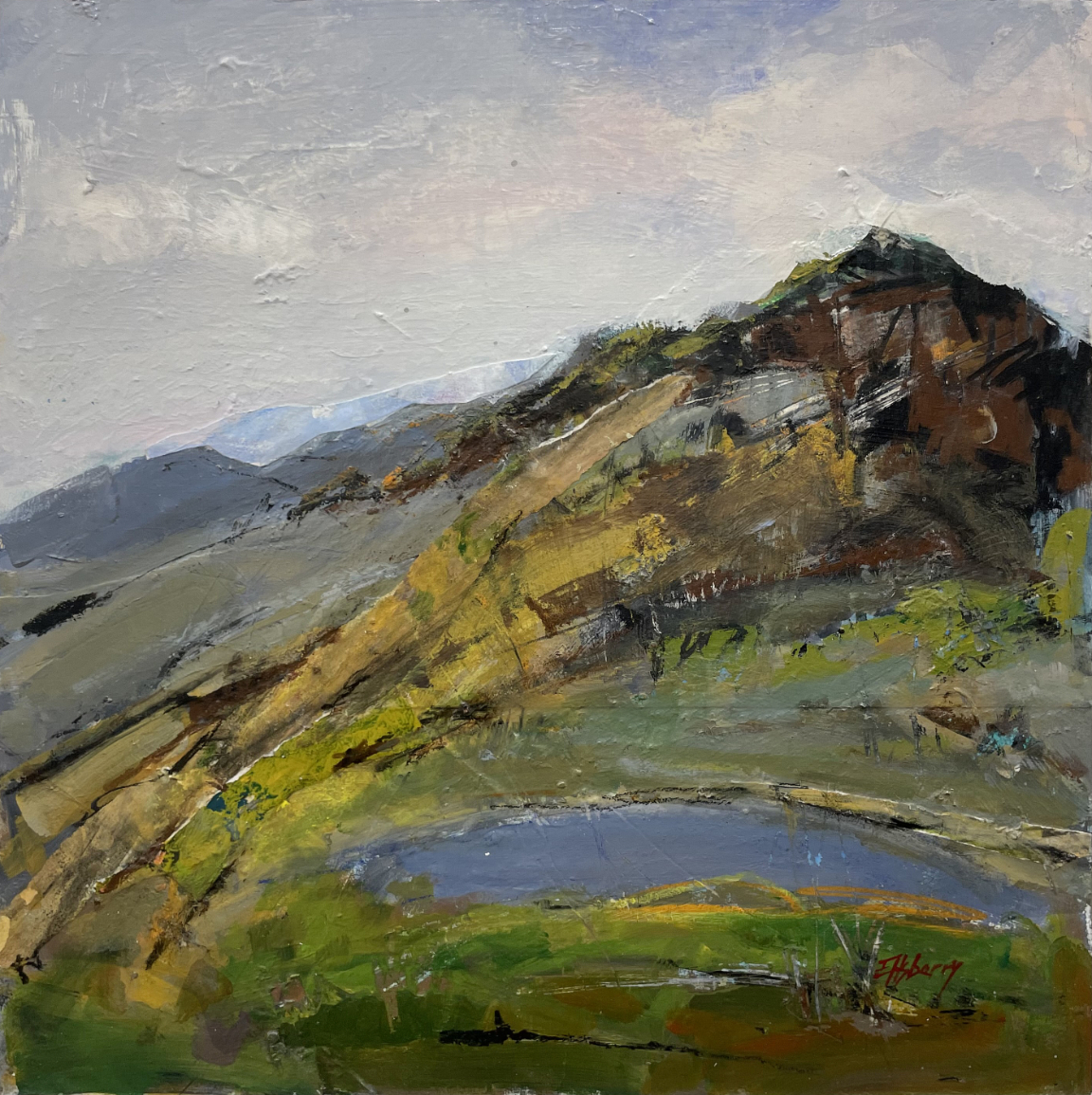
There is so much advice out there about all the different skills and qualities folks need to develop in order to succeed in today’s highly competitive environment and often it can feel overwhelming. So, if we had to break it down to just the three that matter most, which three skills or qualities would you focus on?
Education. For the young artist, learning their craft (painting, installation, performance, etc) is essential. University, college, and/or community centers can provide the key foundational knowledge, then it is up to the artist to build on that througout their career. Also, an important part of artistic development is a constant pursuit of knowledge. Industry knowledge is key (local and international – galleries, museums, organizations, institutions). And artists should keep an eye on the marketplace – who is doing what, who is getting recogintion and why. And last, get educated about the “business” of art. Learn how to manuever both as an art maker and an art marketer.
Experimentation. Art is probably the most overly-saturated practice in the world. Good art, mediocre, bad art… it’s all out there in abundance. The true artist must always be mindul of how to rise above in a crowded marketplace. First, artists must be good at what they do – that’s the craft. Then comes experimentation. This is how artists break new ground. It’s how can they can take their practice to a new level that is both personally fulfulling and one that garners immediate interest from others. These two things (Educaton and Experimentation) can now go hand-in-hand to elevate the artist above all the congestion in the profession of art.
Steel yourself to critcism. And, more importantly, allow yourself to learn from it. I have seen many talented artists wither, give up, or never really progress in their practice because they could not accept the comments or opinions of others. Producing good work and sustaining an art practice requires confidence that is built up and strengthened over time. Just stay in the game, listen to what others have to say, choose what to use, and discard the rest. Lastly, one of the best things an artist can do is to find a good “crit group” of like-minded artists – at various levels of experience and career development – with whom work can be shared, discussed, and constructively critiqued.
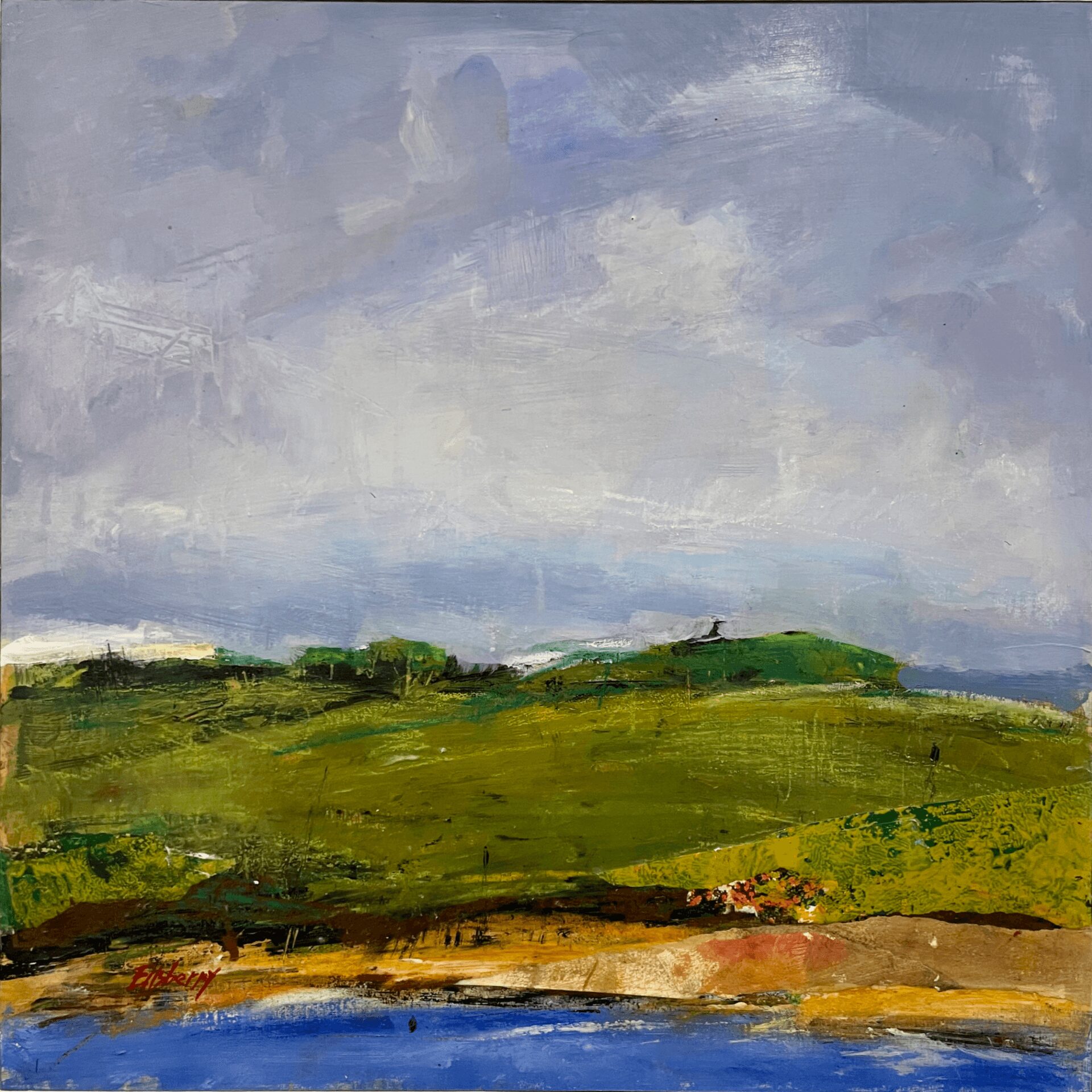
Alright, so before we go we want to ask you to take a moment to reflect and share what you think you would do if you somehow knew you only had a decade of life left?
Yes, building a cohesive body of work. I have been a representational landscape painter for decades. I also have a great interest in – I would even say a “passion” for – abstract and even non-objective painting. Over the past 5 years I have enjoyed investigating many ways – techniques and materials – to explore these two approaches to my art making. This has produced a lot of work, much of it unsuccessful and some of it interesting and adventuresome. But, for sure, a body of work that does not always fit together.
I feel that this “investigation” (experimentation) must now give way to a real focus on process and a consistency in practice. This is what I think can help unify my work ahead. That takes commitment on my part, and I think “process” is the key word here. I see it as a bottom-up challenge for me (thinking of the pyramid)… taking the better parts of the many things I’ve done and moving them into a convergence of both representation and abstraction. I think this essential to my art progression right now.
Contact Info:
- Website: [email protected]
- Instagram: @ellsberryArt
- Facebook: jimEllsberry
- Other: Memner: Orange County Center for Contemporary Art (OCCCA)
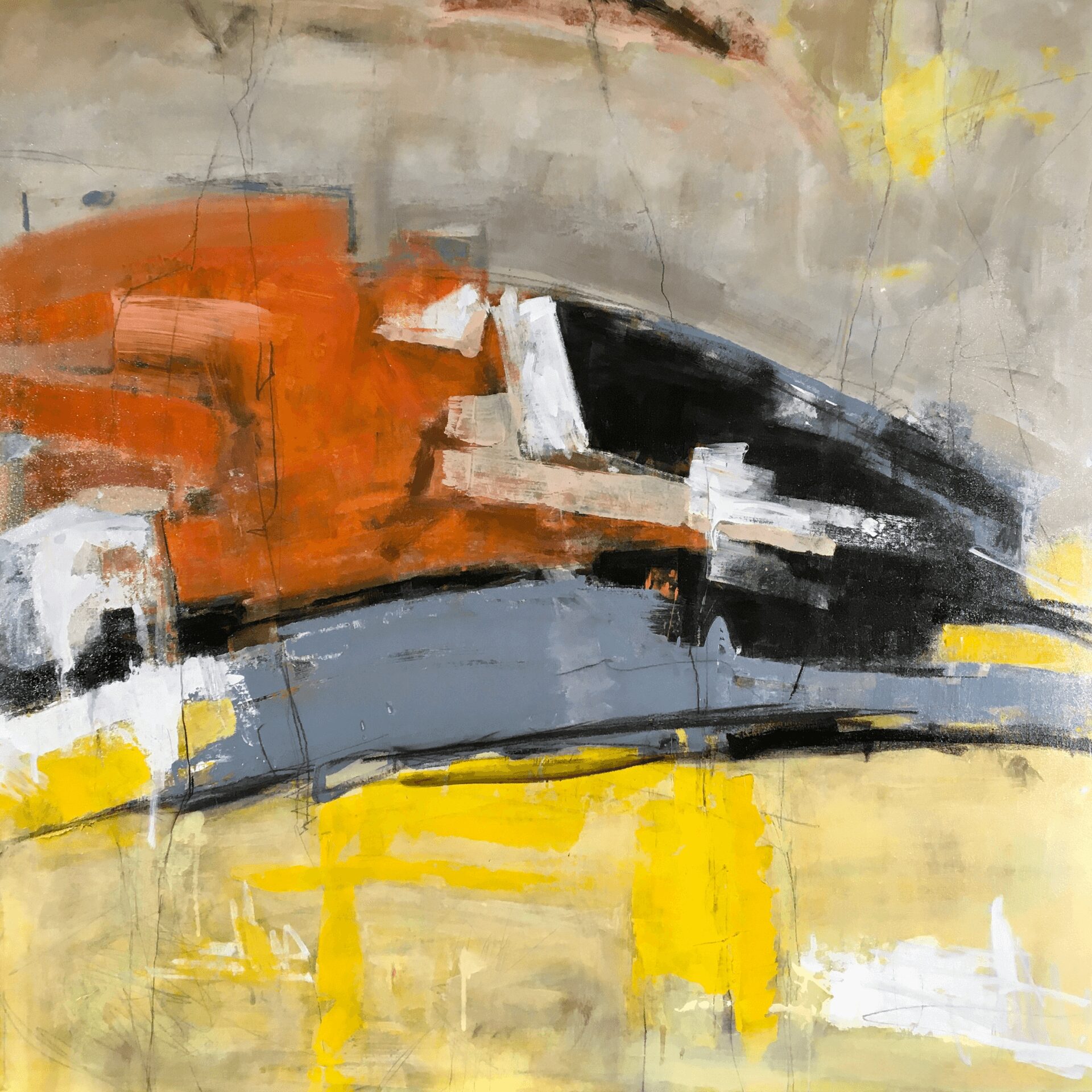
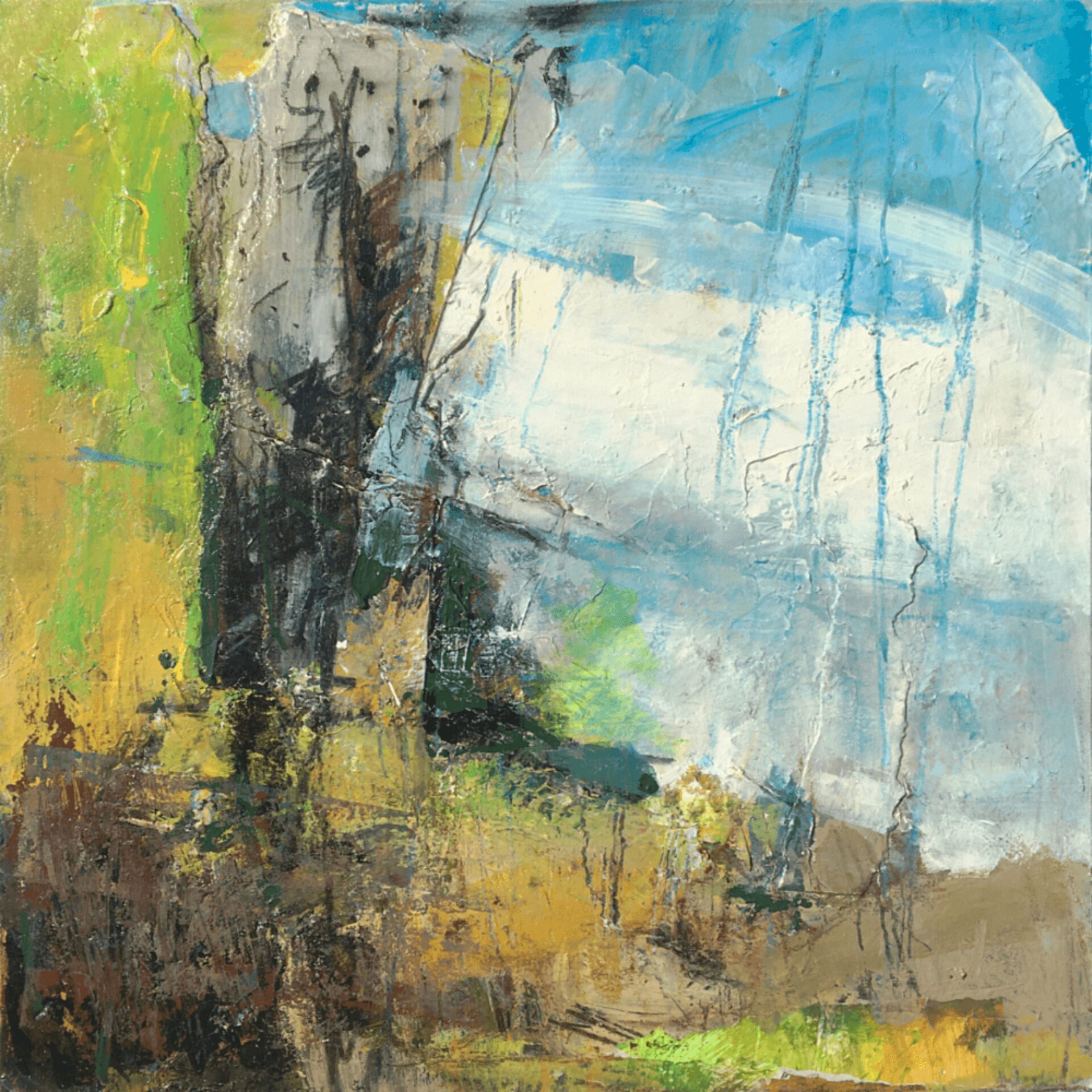
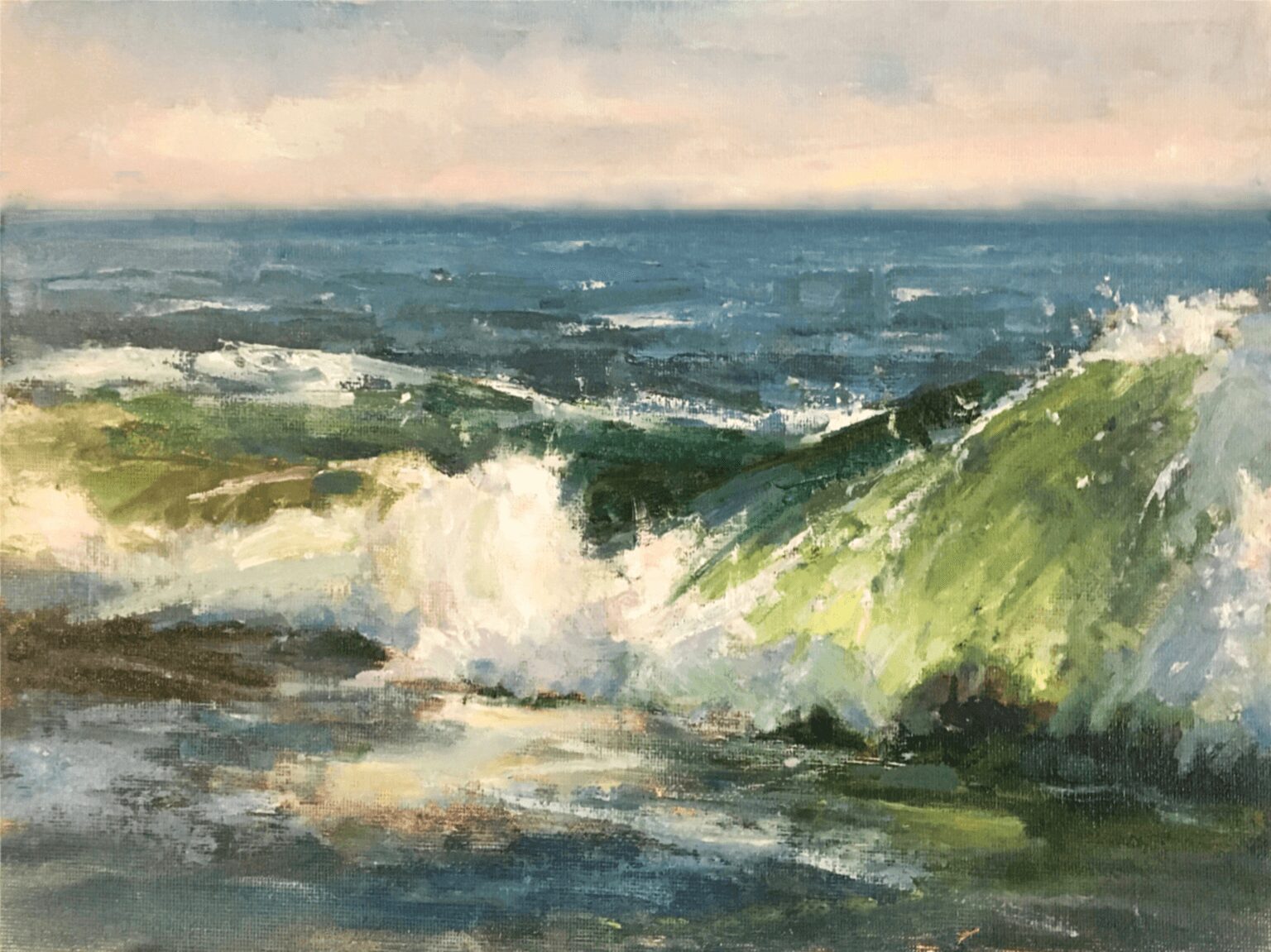
so if you or someone you know deserves recognition please let us know here.

